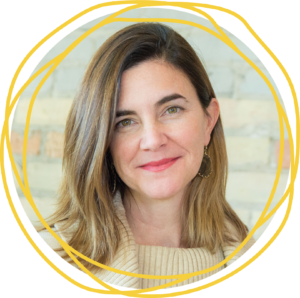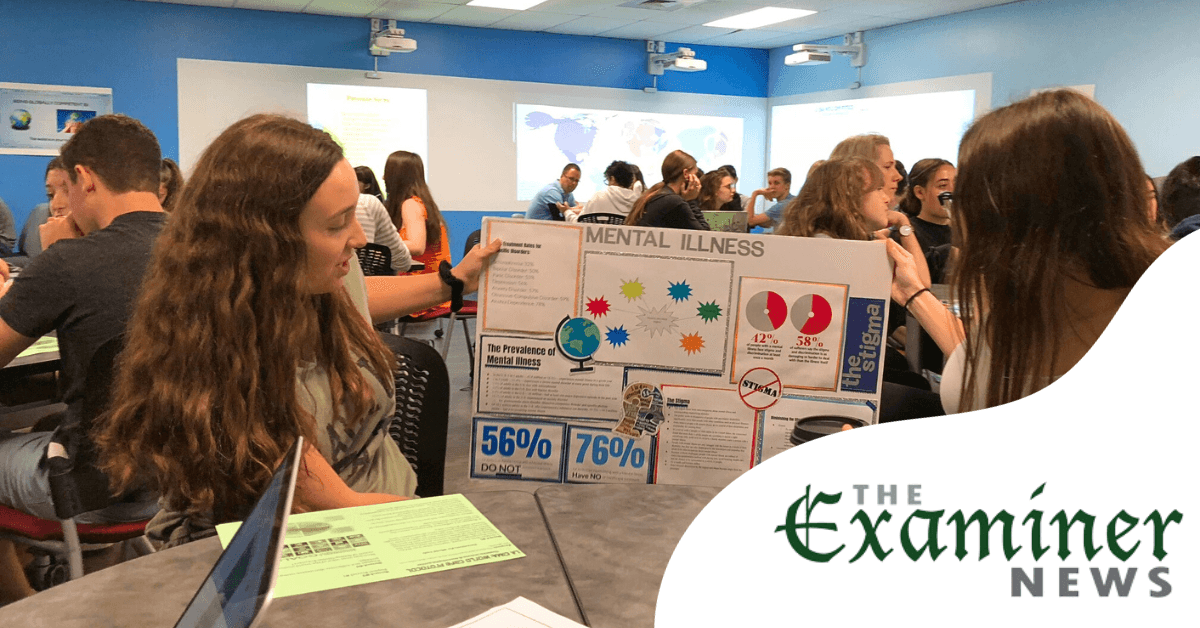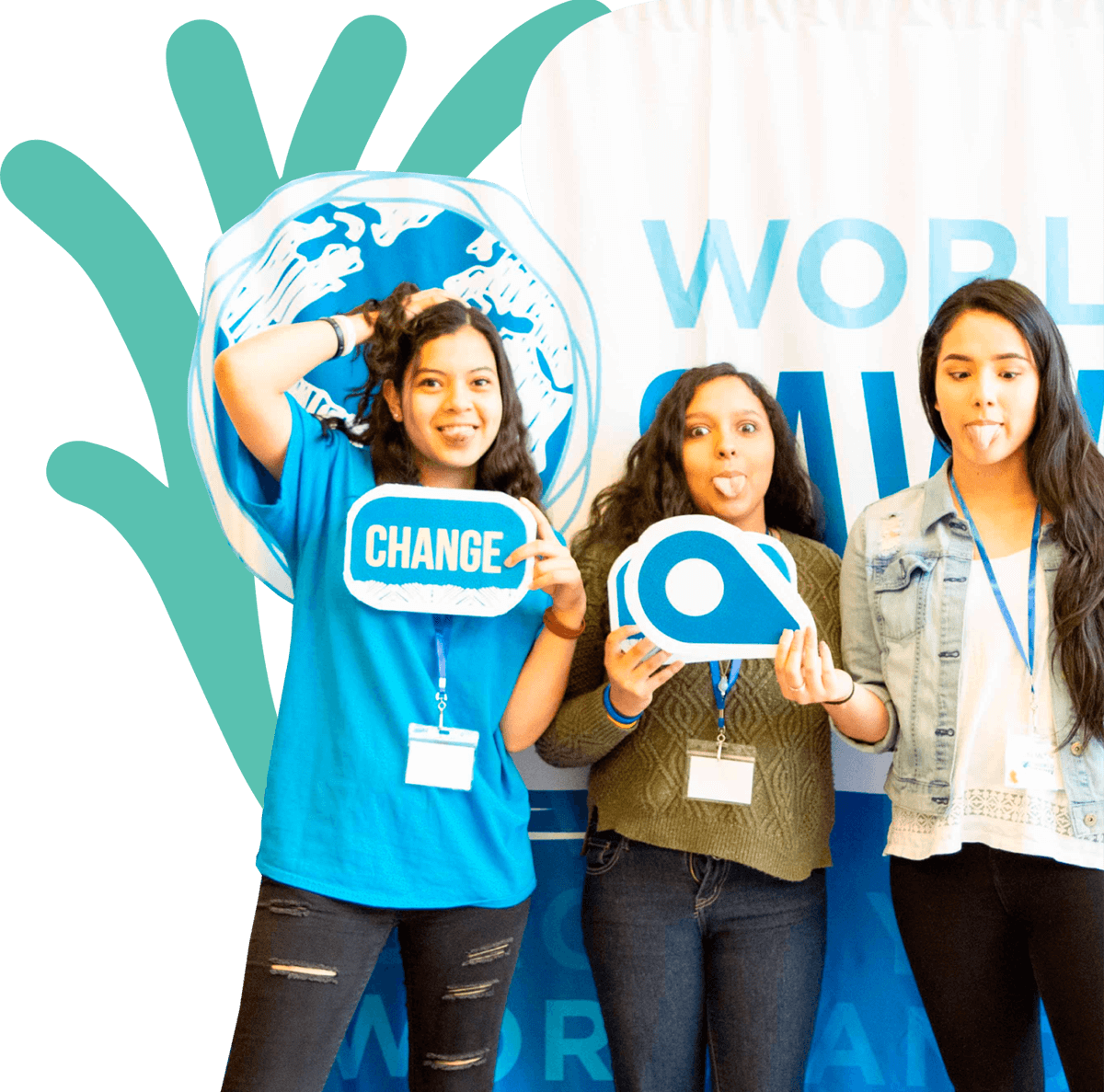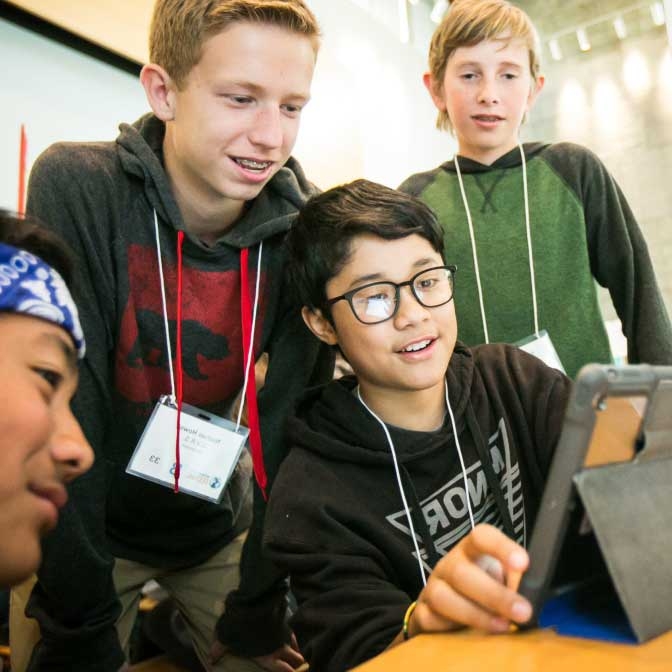
By Dana Mortenson and KK Neimann
The challenges of education in the time of Covid-19 are unprecedented. Our children are stressed and anxious by the move to distance learning and the unknowns about how the school year will unfold. Children are disconnected from the support of their school networks and their friends, and the ongoing effects of social isolation are starting to show. In addition to worrying about their jobs and providing for their families, many parents are concerned about dealing with an entire school year of managing their children’s school work (wait, how do you multiply fractions again?). Under these circumstances, it is easy to understand the desire for a return to “normal.” Who hasn’t fantasized about putting kids on the bus and getting back into the regular school routine?
Even as we all grapple with these new challenges and adapt and rise to meet this moment, we are still struck by the opportunity presented in this crisis: to eventually come back better than before and resist a return to normal with our educational system. Normal wasn’t working.
Our education system is rife with inequities and rooted in a methodology from the Industrial era that hasn’t aged well when it comes to meeting the global challenges of our rapidly changing and indelibly interconnected world. As we think about the lessons we could learn from this global pandemic, we want to rebuild our education system so our young people are prepared to thrive and participate in the world as it is today and will be tomorrow–not as it was 10, 20, or 50 years ago.
This is not to diminish in any way the swift and big-hearted response of educators and administrators when Covid hit. On short notice and with no guiding precedent, districts and teachers moved classes online, set up meal programs, and partnered with a range of organizations to modify and supplement curriculum and provide emotional support. The achievements educators made, and continue to make, are laudable and remarkable, and we applaud and appreciate them.
As a middle school teacher and a national education leader, we were both heartened by these efforts not just because our families have benefitted, but because it shows that when pressed, schools and districts can make large-scale changes. Let’s capitalize on that momentum, and create a new normal that is more adaptive, inclusive, and future-ready.
At World Savvy, we are committed to creating an educational system that inspires students to learn, work, and thrive as responsible global citizens- and we’ve reached more than 730,000 students since our founding in 2002. As the pandemic has so harshly demonstrated, we are all connected, and we need to raise young people who possess the skills and dispositions to be leaders and changemakers in their diverse communities, locally and globally. To do that, we need to shift from a system that values what students know and move to a system that values and assesses what students can DO.
Here are three important ways we can re-imagine learning, whether it be in a classroom or over Zoom, and create a system that prepares students for the world:
Elevate skills: If we really want young people to be responsible and engaged citizens, then we need to teach them the skills and dispositions this requires. We have to rethink and reimagine the classroom experience and the traditional assessments teachers have used. No longer would we be grading to see if a student knows who was president during World War I–they can google that. We would be grading their ability to think critically about the information before them, to ask deep and probing questions, to seek out the perspectives they need to understand, to form opinions based on fact and exploration, and to find comfort in ambiguity. In life, there are no easy answers. Why should school be different?
It is also time that we stop using the term “soft skills” to describe empathy, resilience, and collaboration. As we look around the world right now, we can think of nothing more important than ensuring human beings have the capacity for these three things. At World Savvy, we help students to know more, care more, and do more in the world. Eighty-nine percent of students increase teamwork and collaboration skills and 93% of students are more open to new ideas and ways of thinking. These skills are absolutely essential to thrive in our complex and interconnected world, and should be taught and assessed with intention and urgency.
Elevate relevance: School does not need to be a right of passage; something kids suffer through so they can get to the next phase of their lives. School should be a place where valuable and important work is being done–work that directly connects to the world beyond the classroom. It should be a place that helps young people make sense of the world in which they live. Explorations of the Civil War and Reconstruction should include explorations of redlining and mass incarceration today. Explorations of immigration in the early 1900s should include explorations of the border wall, ICE and the lived experiences of immigrants today.
Students can practice critical thinking, research, empathy, and collaboration with any topic, so why not give them topics that are relevant to their lives right now, and that prepare them to engage in a world that is complex, interconnected and rapidly changing?
Elevate student choice and agency: Many schools offer students choices when it comes to the classes they take. French or Spanish? AP US History or AP Economics? Computer Science or Theatre? It is good for kids to have options, but none of those choices matter as much as the choices they get to make once they are IN the classroom.
Students need to have a voice in their own learning. Essential skills like critical thinking, coping and resilience, and questioning prevailing assumptions can be demonstrated in a myriad of ways, so let’s give students some power over how they show growth in these areas.
When teachers move from the center of the classroom, a place where they are the keepers of knowledge, and into the role of facilitators of their students’ learning, they create a space where students can fully and authentically engage with the material and learn to think for themselves. Students in World Savvy programs are Eighty-eight percent are more knowledgeable about themselves, their communities and the world.
There is nothing more powerful than asking a student “What do you care most about?” and seeing their curiosity ignite. Schools can help students identify their passions and take informed action on the issues that matter to them.
So rather than retreat to what we had before, let’s seize the opportunity that this major disruption presents. Let’s provide the support that educators need to build their own practice and connect with their peers about student-centered learning models. Let’s change the conversation about learning and teaching so that communities value the development of empathy and critical thinking over test scores and memorization. Let’s resolve to mend the inequities, adopt new methodologies, and empower the next generation to take their places as citizens of the world. We can do this. Let’s start now.
Dana Mortenson is the Co-founder and Chief Executive Officer of World Savvy, a national education nonprofit working to educate and engage youth as responsible global citizens.
KK Neimann is a 6th grade social studies teacher at the Blake School in Minneapolis, Minn., and has a Masters in Education from Harvard.

Dana Mortenson is the Co-Founder and CEO of World Savvy. Dana is an Ashoka Fellow, was named one of The New Leaders Council’s 40 under 40 Progressive American Leaders, and was winner of the Tides Foundation’s Jane Bagley Lehman award for excellence in public advocacy in 2014. She is a frequent speaker on global education and social entrepreneurship at high profile convenings nationally and internationally, and World Savvy’s work has been featured on PBS, the The New York Times, Edutopia and a range of local and national media outlets covering education and innovation.








